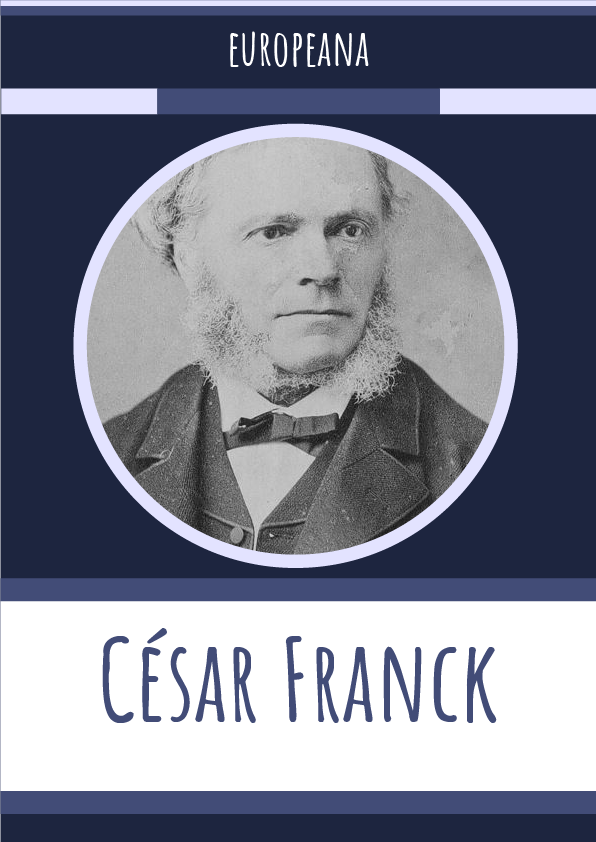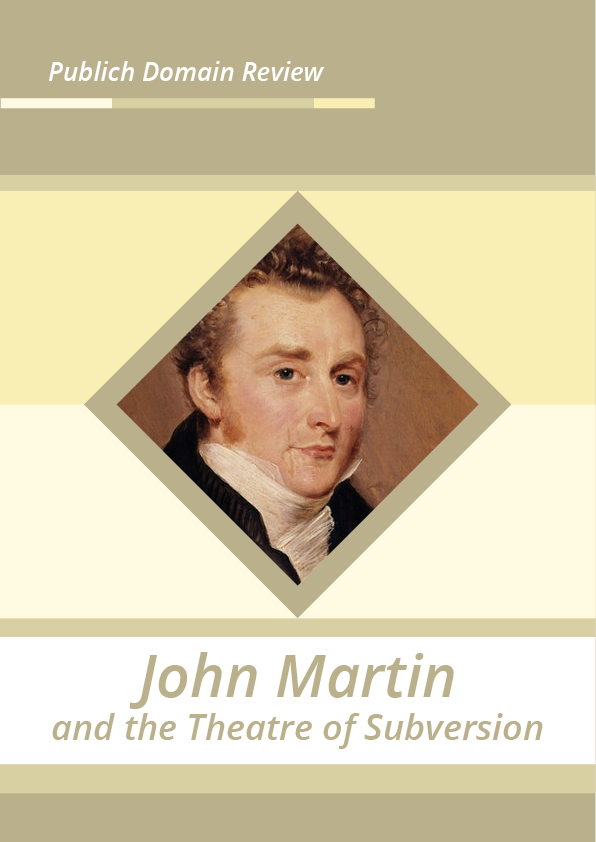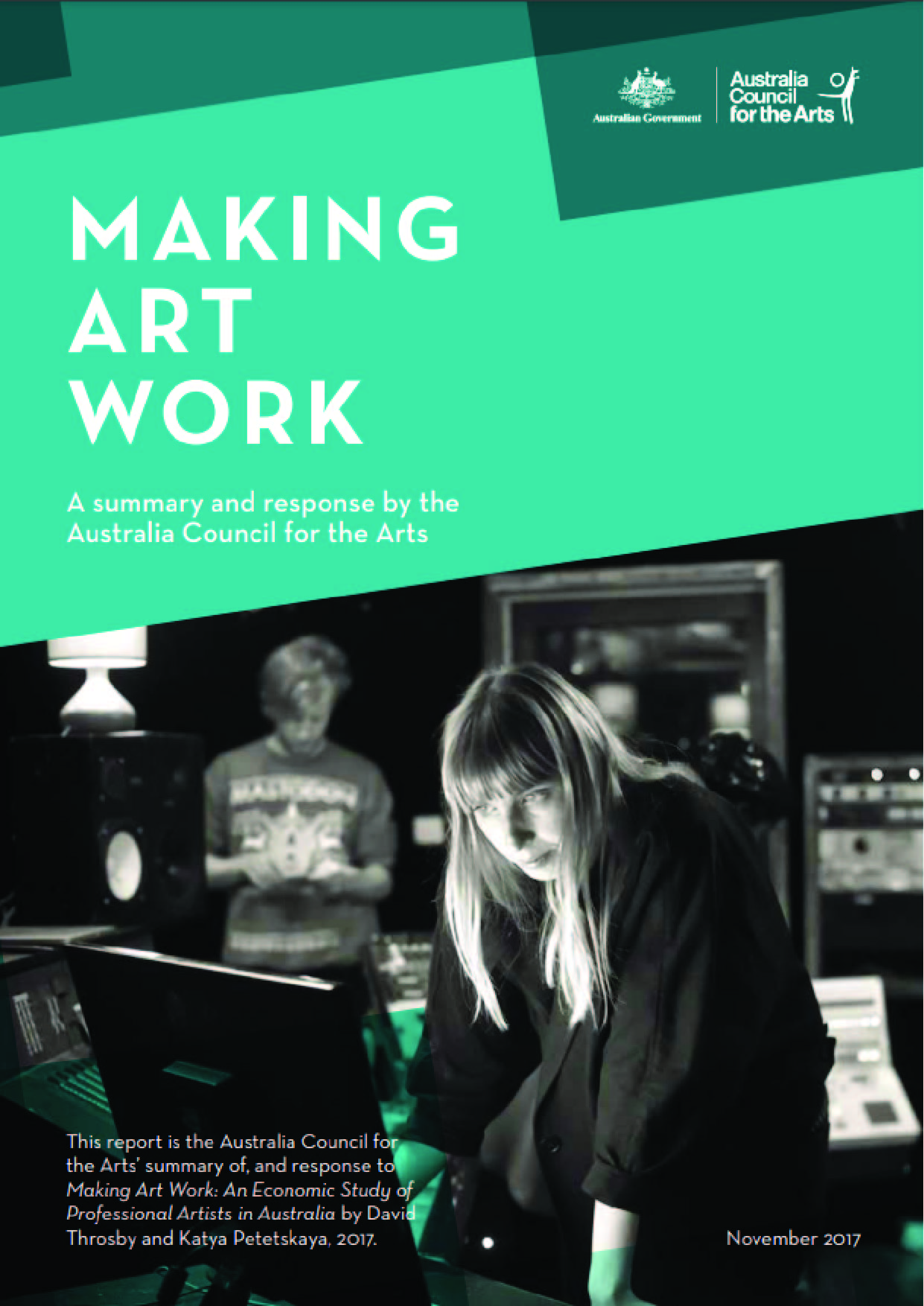The “Pater Seraphicus” of modern French music
On this International Migrants’ Day, Sofie Taes, musicologist & co-curator of the Europeana Photography Collection for PHOTOCONSORTIUM / KU Leuven, zooms in on the life and work of a brave Belgian who altered the course of French music history.
In the twilight of the Franco-Prussian War (1870-1871), in which it led significant losses against Germany, France explored different avenues to reinforce its national identity.
Music was a key element in that strategy as, at the time, the work of German composers took pride of place at concert stages all around Europe.
Throughout the 19th Century, France hadn’t been able to counter that dominance with an authoritative repertoire of its own. The Société Nationale de Musique, established by Camille Saint-Saëns and Romain Bussine on 25 February 1871, aimed at accomplishing just that. By organising concerts featuring national composers, the society created opportunities for new work to be heard and for French music to gain a following of its own.
The broader movement aimed at furthering a strong national music culture, operated under the motto “Ars Gallica”, literally meaning “a French Art”. Many a notable composer supported the cause, among which Jules Massenet, Gabriel Fauré and Henri Duparc. Little known, however, is the fact that one of the main governors of this French renaissance was a Belgian!
Back and forth: hunting for a home
César-Auguste-Jean-Guillaume-Hubert Franck (1822-1890) was born in Liège – a city in the southern part of today’s Belgium – into the family of a Walloon father and a mother of German descent. His striking musical talent earned him a spot at the conservatory of Liège, which he entered at the age of 8.
He developed as a pianist so prosperously that in 1834 his father – who wanted him to become a famous virtuoso – took him on tour. Having subsequently been sent to Paris to study with Bohemian composer Anton Reicha, César Franck was joined by his family in 1836 and applied to enter the conservatory. Initially refused on grounds of nationality, however, Franck had to wait for a whole year while his father secured naturalisation papers. He was eventually enrolled on 4 October 1837.
Gaining several honors for his musical accomplishments in the next few years, Franck could start contemplating entering the competition for the much-coveted Prix de Rome: a yearly contest for young talents, with a study-leave in Rome as the grand prize. At this time, Franck had already completed his first compositions, and would probably have devoted such a ‘sabbatical’ to explore his increasing fascination for the organ and his talent for writing chamber music.
However, his father remained set on a career for him as a star on the stage. As a consequence, he was removed from the conservatory in 1842 and taken on another concert tour in Belgium with his brother, a violinist.
Soon, however, the life of Franck would take a definitive turn: seeing his career as a virtuoso dwindling rapidly due to psychological pressure, physical issues, bad press reviews and a demanding teaching practice, Franck freed himself from his father.
He left Belgium, married actress Félicité Saillot in 1848 and settled down in Paris, where he would lead a simple, ascetic life and became one of the most revered artists of his time.











